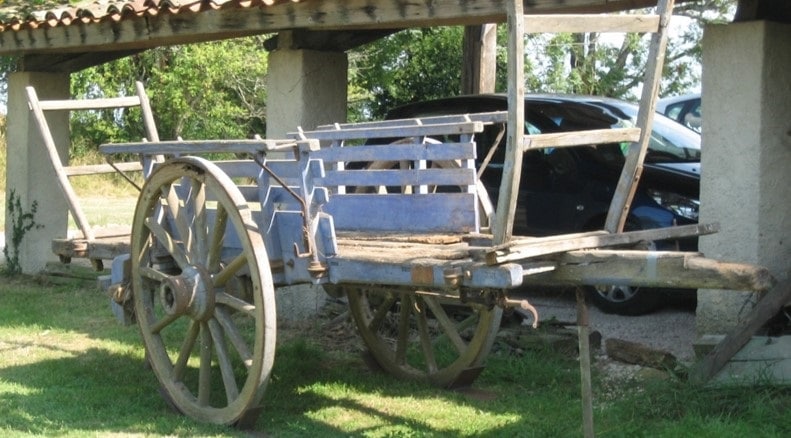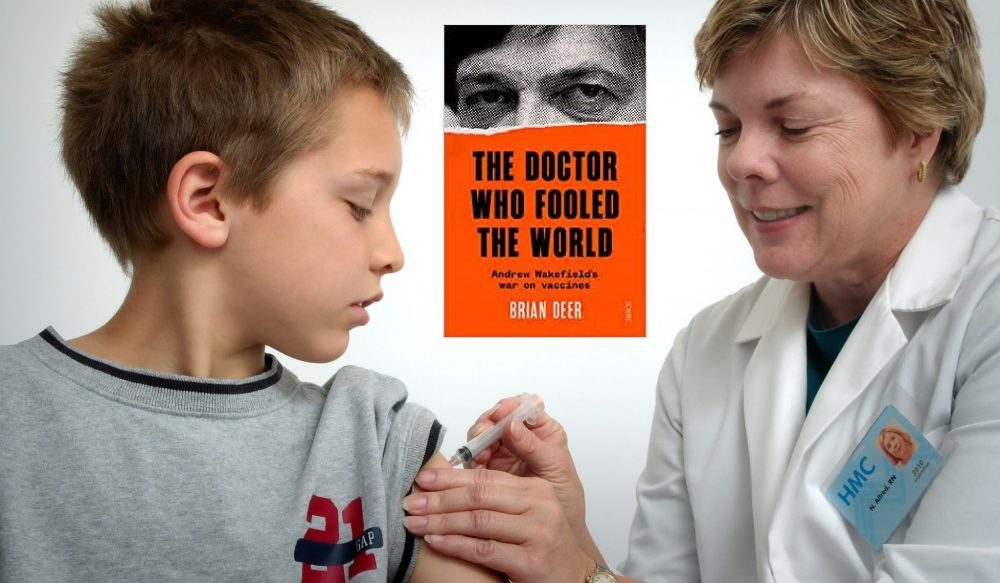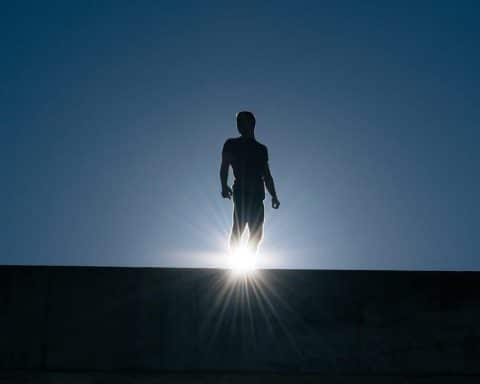Charlotte Sidebotham is a salaried GP from Cornwall
Are you constantly short of time? Does it feel like there are not enough hours in the day? Pause before turning the page. Here is a cultural revolution just for you.
The slow movement. Not many have stumbled upon it, but if you are one of the time-poor amongst us, it is worth a glance. The slow movement promotes a cultural shift towards slowing the pace of life down. There was a time when slow was a scornful word. Slow service, slow-witted, slow to act. But slow has become a mindset. A trend that appeals to the reflective. It is about quality over quantity, living in the moment. Not about doing everything as fast as possible but doing it as well as possible. Time is a commodity, perhaps our greatest. Most people report feeling persistently ‘time poor’—like they have too many things to do and not enough time to do them. Time poverty is linked to lower well-being, physical health and productivity.
The slow movement promotes a cultural shift towards slowing the pace of life down.
The penchant for slow was sparked in Rome by Carlo Petrini’s 1986 uprising against opening a McDonald’s restaurant near the famous Piazza di Spagna (Spanish steps). An outraged gathering of Italians used bowls of penne as weapons of protest, marking the birth of the slow food movement. This is a group of like-minded people who oppose, not just fast food, but unsustainable food production with the resultant erosion of local economies and small farmers. (Our history – About us – Slow Food International, 2015). As time unfolded the slow food movement evolved. Slow started to become desirable and was paired up with all manner of words. Subcultures emerged – slow gardening, slow consumption, slow medicine – you get the picture. The slow movement flag was unfurled and has been staked all over the globe.
To clarify, slow is not anti-speed. It means doing things at the right speed; being present and living every moment fully. This concept is beautifully illustrated by the Ancient Greeks who had two words to describe time. Chronos is clock time and means much the same as the word ‘time’ does now. Kairos, alternatively, is a more delicate notion. It is time measured qualitatively. A moment of gravity and importance. It was often used to depict moments of magnificence, where one steps outside the passage of time.
Slow is not anti-speed. It means doing things at the right speed; being present and living every moment fully.
The slow movement seeks to reintroduce Kairos into the world. Underpinning this desire is a quest to meaningfully connect to every aspect of life. Not just to people, places, food and the world around us, but to our own mind and body. To do this, there is an emphasis on slowing down and stepping back. Our modern-day society offers a constant platter of things to do, experience and consume. Work and home alike are saturated with technology that urges us to live faster and faster, and connections can quickly be lost in transit. Slowing down can make us feel guilty. Perhaps our busy lives distract us from answering questions we would rather not square up to – what sort of life do I want to be living? Confronting questions like this can make you feel hot under the collar. But by slowing down and acknowledging them, a greater depth can be found in life.
The slow movement is a global backlash against the modern cult of speed living and a reminder to break free from the illusion that we have no choice. Really, the principles of the slow movement – patience, quality over quantity, ethical responsibility – are just common sense. But in the least, the slow movement offers a reminder that controlling the tempo of life is a happier and healthier alternative and can lead to a more productive and rewarding lifestyle.
There is no denying that lockdown issued a devastating blow for countless people. But many saw benefits too. Our quarantine offered a chance to reflect on our busy lives and consider what is really important. It catapulted us into the slow lane. For many, there were more family meals, opportunities to rediscover local countryside, or pick up a book. The enforced slowing of life allowed boundaries around time to be reset. I suspect lockdown has led many to carry these constructive life changes into the future with the realisation that the best way to survive and thrive in our fast-paced life, is to slow down.
Slow Food International. 2015. Our History – About Us – Slow Food International. Available at: https://www.slowfood.com/about-us/our-history/
Featured photo by David Misselbrook








